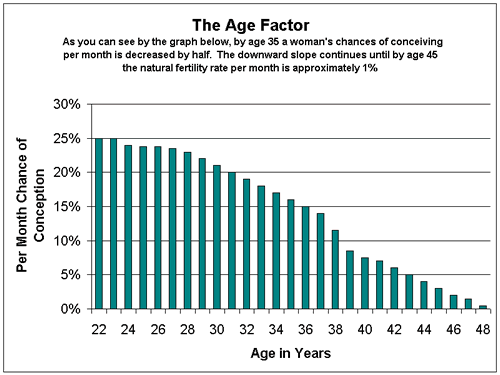I’ve noticed a common trend in the Western dating scene: many women tend to be passive and expect the man to take the initiative. This means the man has to make the first move, arrange dates, deal with uncertain responses, try to be funny to catch her attention, and sometimes even plead for intimacy. Often, the woman doesn’t provide clear feedback, leaving the man to guess what she wants without seeming too pushy, as that might be seen as harassment.
As a result of these challenging efforts, many times the woman doesn’t end up dating the man, and it’s unfair to blame him for that. These situations can lead to both parties fantasizing about each other without ever having a physical relationship.
Women make a significant mistake by being passive or overly selective during dating or flirting. They may not realize that age affects women differently than men. According to some MGTOW perspectives, women typically face a decline in attractiveness between the ages of 31 and 35, and fertility decreases rapidly during their lifespan. In contrast, men in their 40s, 50s, and even 60s are often considered attractive. Personally, I have no trouble finding men who are attractive and in their 40s or 50s, like Johnny Depp and Tom Cruise.
Young women might not grasp the fact that time passes more quickly for women in terms of fertility and attractiveness.
Furthermore, a man in his 40’s, 50’s and 60’s can always find a younger woman if he wants a child. Male infertility only affects 7% of the whole male population. Meanwhile, female infertility starts to decrease at 24 years old.

Let’s revisit our initial example of young women in the western world being overly selective and hesitant. They often fail to realize that their opportunities won’t last forever. Conversely, men typically have more chances with younger women as they age, or at least more so than women do with younger men.
Some women believe they’ll never lose their fertility or attractiveness, which is a significant misconception. It’s wiser to prepare for these changes, considering women usually live beyond 50. In essence, inaction could lead to regrets later in life. Young women can address this by taking a more active role in dating from their early 20s.
I’ve personally encountered a situation where a woman who was interested in me didn’t show up for a date I had arranged. She reached out to me nearly a decade later, but by then, I had lost interest. She was 40 and not as beautiful as before. It was too late for the reasons mentioned earlier. Her beauty had faded, and I had met more attractive, younger, and fertile women.
Regardless of the reasons behind this behavior—be it shyness, morality, selfishness, or high self-esteem—women always bear the brunt of their inaction. Even if it’s not about a long-term commitment, they might regret not having a romantic encounter with you.
As an observation, I’ve noticed that Eastern European women, on average, seem more aware of the biological clock issue and are more proactive in their early twenties.
Women approaching middle age and about to lose their beauty and allure should be proactive in finding a partner before it’s too late. Chances with their ideal match won’t come knocking again. Regrets will likely haunt them for the rest of their lives. Between the ages of 35 and 40, I’ve met women who were desperate to find a man just to have a baby. For them, it was too late to get to know the father. They just wanted a father figure, not a special someone. This is their mistake—being too picky in their twenties and early thirties and making the wrong choices later.
Men, it’s beneficial to remind young women that their time is limited. The media often portrays that the pressure of dating should fall on men. However, the reality is different because women have a shorter window of opportunity due to the biological clock. For instance, you can remind women that you can have a child with a younger woman throughout your life, but a woman can’t have a child with a younger man all her life.